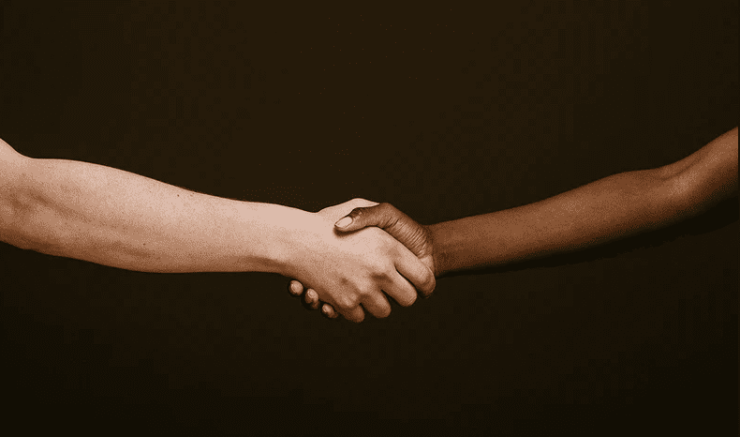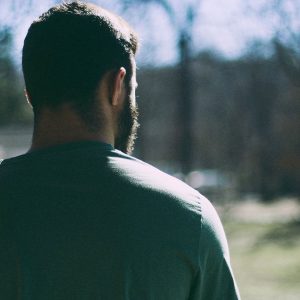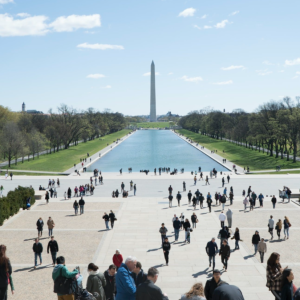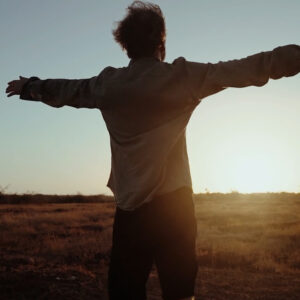As the white police officer screamed at me, I thought, I am not going to let you make this mistake.
He had pulled me over in this mostly white, upper-middle-class US neighborhood because I was driving without my headlights on. I’d forgotten to switch them on, and I assumed he was just going to give me a warning. But when he reached my car, he told me he smelled drugs and that he wanted to search my car.
– Kwadjo Boaitey
This is the reality (and the fear) that many African American men face on a daily basis. It is a scary thought to imagine oneself having to deal with a similar scenario; being racially profiled and then accused of breaking the law (when you are, in fact, innocent).
Historically, this scenario can, and has, played itself out in several different ways, often escalating into a harmful or deadly outcome. Many of us take our sense of safety, security and priviledge for granted simply because of the color of our skin. Unfortunately, Kwadjo Boaitey didn’t have that choice because he is black.
When faced with this situation, Kwadjo made a very important decision that day. Instead of escalating the situation, he reached out to God in prayer. And had that thought about doing his part to help the officer not make this mistake.
Holding on to the spiritual ideas from his prayers gave him a sense of calm, confidence and comfort during tense times. And althought Kwadjo had every right to be angry at the situation and at these officers for treating him “less-than”, by reaching out to God and withholding that anger, he was met with a much different outcome.
You can read Kwadjo’s full story here.





